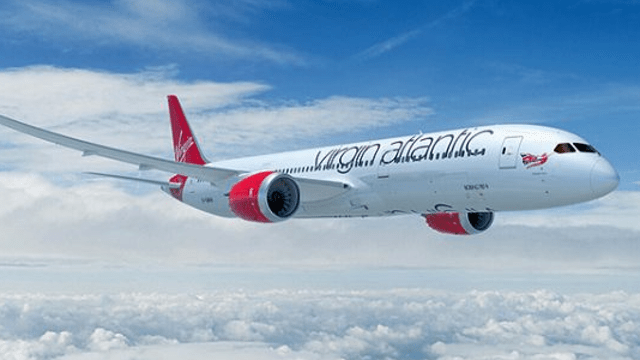The world's first transatlantic flight powered entirely by Sustainable Aviation Fuel (SAF)
Virgin Atlantic is set to operate the world's first transatlantic flight powered entirely by Sustainable Aviation Fuel (SAF) following approval from the UK Civil Aviation Authority. The historic flight, scheduled for November 28, 2023, will take off from London Heathrow and land at New York JFK, serving as a test and demonstration of the feasibility of flying with 100% SAF. The permit follows a series of technical assessments by the regulator, including ground tests with Rolls Royce on a Trent 1000 engine running entirely on SAF.
Led by Virgin Atlantic and partially funded by the Ministry of Transport, the flight preparation involved a consortium of companies, including Boeing, Rolls-Royce, BP, and others, aiming to showcase SAF as a viable alternative to conventional jet fuel. The UK Civil Aviation Authority collaborated closely with the consortium throughout the application process and will continue to work alongside the industry to assess the performance and impact of sustainable aviation fuels.
Virgin Atlantic received up to £1 million in government funding in December 2022, in response to a challenge issued by the Ministry of Transport to support the industry in achieving the first transatlantic flight on an aircraft powered entirely by SAF. This permit is one of the necessary approvals for the flight and paves the way for Virgin Atlantic to submit applications to the Federal Aviation Administration (FAA), the Irish Aviation Authority, and Transport Canada to authorize the flight through US, Irish, and Canadian airspace.
SAF is a fuel derived from non-petroleum renewable sources and can be used as a substitute or blended with traditional kerosene. Currently, SAF can be used in jet engines in a blend of up to 50% with traditional kerosene without any modifications. Various processes, including algae-based production, synthetic fuels from hydrogen waste, or direct carbon dioxide capture, can be employed to produce SAF.
By completely replacing conventional kerosene, SAF has the potential to reduce the carbon emissions throughout its life cycle by over 70% compared to conventional fossil jet fuel. This aligns with the government's "Jet Zero" strategy, released in July 2022 as a roadmap to achieve net-zero aviation.

Comments0
Please log in to see or add a comment
Suggested Articles

